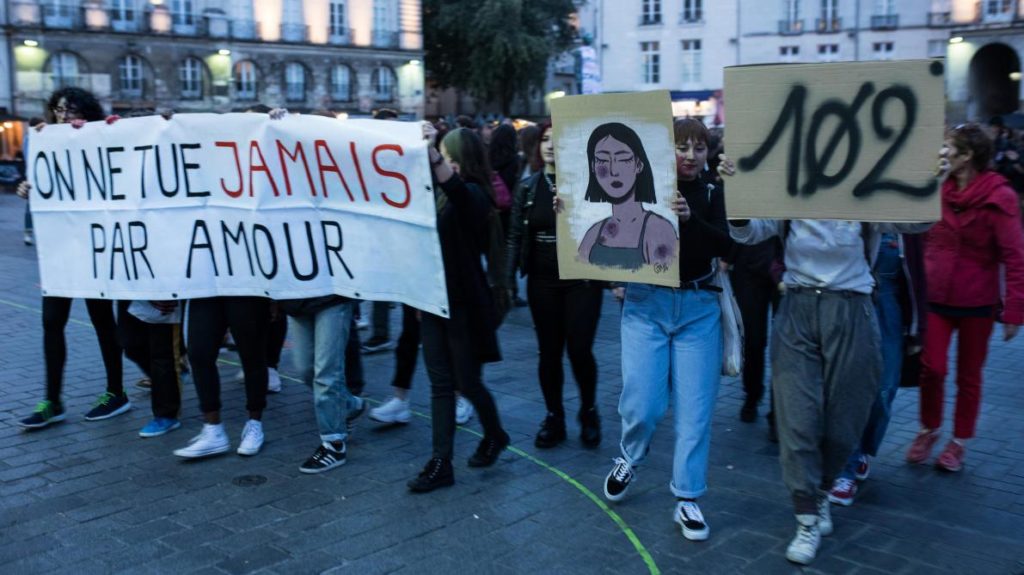The number of femicide victims in Belgium far outnumbers the number of victims of terrorism but does not receive the same degree of attention, the director of Amnesty International Belgium said on Tuesday.
"We speak a lot about terrorism, but, when we are talking numbers — it's femicide. In Belgium today, there are many more women who die under the blows of a partner than there are victims of terrorism," Philippe Hensmans, who leads the Francophone division of the human rights advocacy organisation, said on air in La Première.
Hensmans, who was speaking on the occasion of the 71st anniversary of the Universal Declaration of Human Rights, said that violence against women remains a "major problem" staining Belgium's human rights track.
"Year after year, the [figures] are unchanging," Hensmans said, adding that, while there was "nothing new about the phenomenon," it was perhaps more visible today, in part thanks to the growing number of women and advocacy groups stepping up efforts to push the subject higher up on the political agenda.
Hensmans' statemtents follow increasing demands from Belgian associations and members of the public for the government to take measure to fight violence against women and, in particular, to inscribe the term femicide into penal law.
An estimated 23 women have been killed so far in 2019 and at least 36 in the previous year, according to unofficial figures, drawn from media sources due to no government record being kept of crimes of femicide.
In May, the Council of Francophone Women in Belgium issued a call for the government to recognise femicide as a specific crime, a demand which followed the attempted rape and murder of a 23-year-old student near Antwerp.
Recent protests denouncing violence against women have seen up protesters take to the streets in numbers ranging from 100 to 10,000 in different gatherings, including a performance of the viral Chilean anti-rape song "A rapist in your path," which recently took place also in Liège.
Hensmans also pointed to Belgium's handling of migratory flows as another major issue regarding human rights in the country, saying it represented a "clear sign" of alarm, pointing to an erosion of human rights "in places where we thought these problems had disappeared."
"If, at the end of the 90s, we were fighting for improve human rights, today, we have to fight to defend them in order to avoid going backwards, in the image of other countries, including in Europe and in Belgium," Hensmans said.
Gabriela Galindo
The Brussels Times

